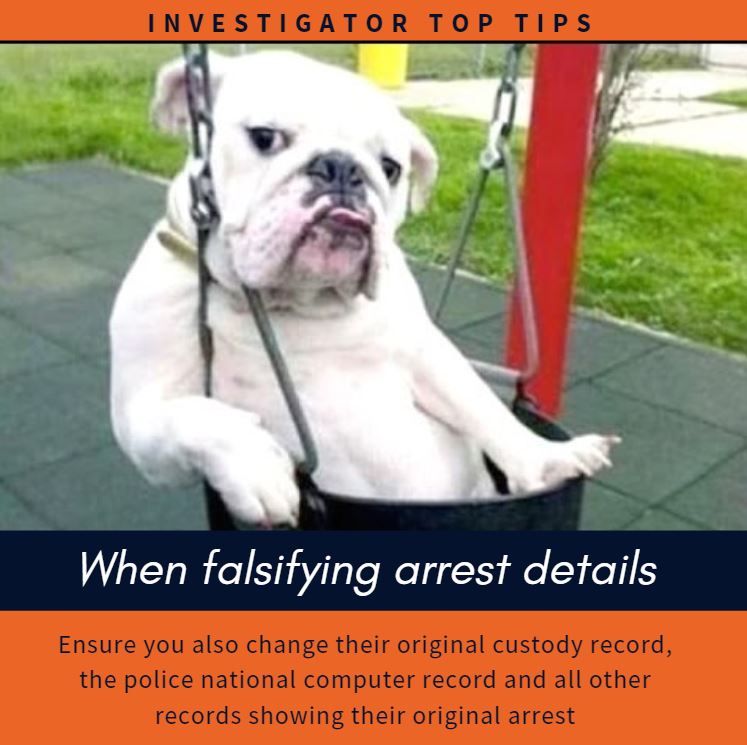justice.gov/pardon/pardon-…
"While a presidential pardon will restore various rights lost as a result of the pardoned offense and should lessen to some extent the stigma arising from a conviction,
en.wikipedia.org/wiki/Pardon#Un…
* A pardon is a government decision to allow a person to be absolved of guilt for an alleged crime or other legal offense, as if the act never occurred.
* The pardon may be granted before or after conviction for the crime, depending on the laws of the jurisdiction.
* Pardons can be granted in many countries when individuals are deemed to have demonstrated that they have "paid their debt to society", or are otherwise considered to be deserving of them.
* Pardons are sometimes offered to persons who were either wrongfully convicted or who claim that they were wrongfully convicted.
* In some jurisdictions of some nations, accepting a pardon may implicitly constitute an admission of guilt; the offer is refused in some cases.
* Cases of wrongful conviction are nowadays more often dealt with by appeal rather than by pardon; however,
* a pardon is sometimes offered when innocence is undisputed in order to avoid the costs that are associated with a retrial.
* Clemency plays a very important role when capital punishment is applied.
* Pardons are sometimes seen as a mechanism for combating corruption, allowing a particular authority to circumvent a flawed judicial process to free someone that is seen as wrongly convicted.
* Pardons can also be a source of controversy. In extreme cases, some pardons may be seen as acts of corruption by officials in the form of granting effective immunity as political favors.
#PardonFlynnNow











